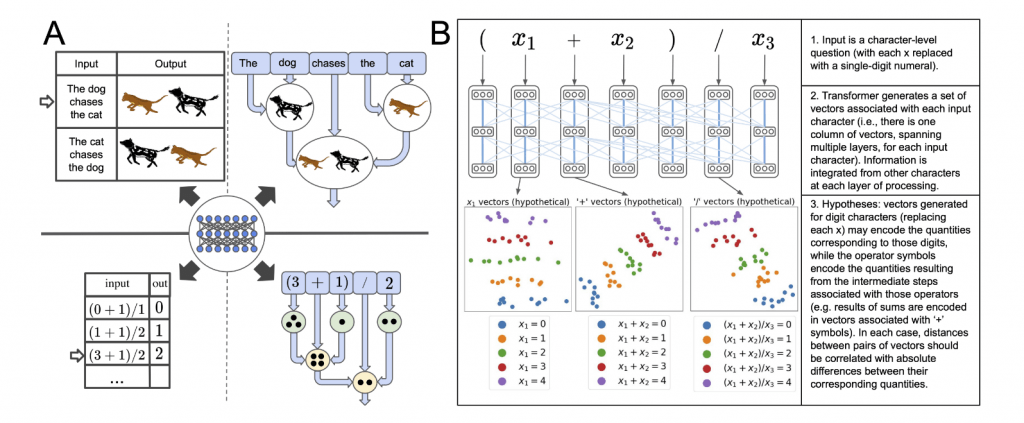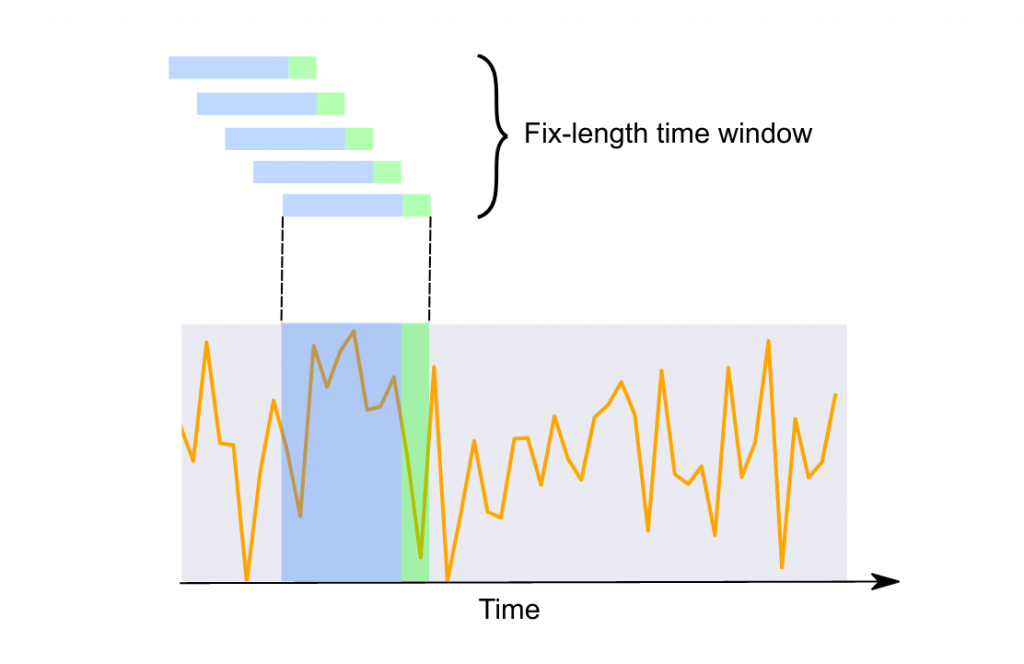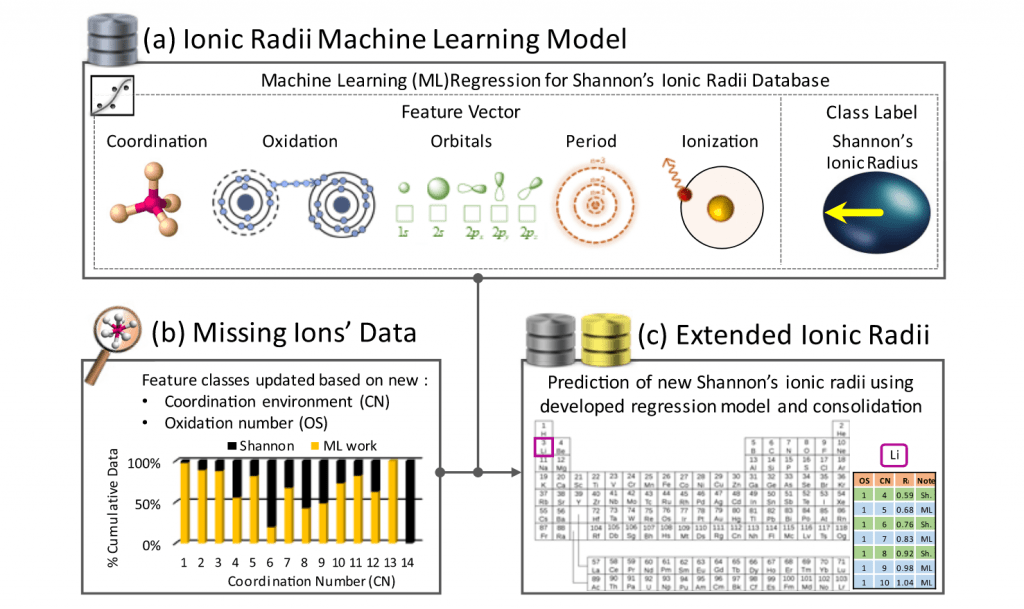
AI Reading Group
The AI Reading Group hosts bi-weekly reading groups where members present and discuss papers on topics in broad categories, such as AI ethics, machine learning, natural language processing, selection bias and computer vision. Come and join us in the discussion of ideas and seminal papers in AI Research to understand current developments and debates in the field!
The AI Reading Group will be held bi-weekly (alternating with ML Student Seminars) on Thursday 2-3pm in 303S-561.
Papers
Papers will be selected by alternating members of the group and the paper schedule will be announced two weeks in advance. We then encourage everyone to read the paper before joining the session. During each session, members will be discussing strengths/weaknesses/impact/novelty of the paper.
AI Reading Group on Aug 5 2021: Compositional Processing Emerges in Neural Networks Solving Math Problems
Where and when: Thursday, Aug 5 at 2-3pm in 303S-561 Abstract A longstanding question in cognitive science concerns the learning mechanisms underlying compositionality in human cognition. Humans can infer the structured relationships (e.g., grammatical rules) implicit in their sensory observations (e.g., auditory speech), and use this knowledge to guide the composition of simpler meanings into complex wholes. Recent progress in artificial neural networks has shown that when large models are...
AI Reading Group on July 22 2021: Deep Transformer Models for Time Series Forecasting: The Influenza Prevalence Case
Where and when: Thursday, July 22 at 2-3pm in 303S-561 Abstract In this paper, we present a new approach to time series forecasting. Time series data are prevalent in many scientific and engineering disciplines. Time series forecasting is a crucial task in modeling time series data, and is an important area of machine learning. In this work we developed a novel method that employs Transformer-based machine learning models to forecast time series data. This approach works by leveraging...
AI Reading Group on July 8 2021: Extending Shannon’s ionic radii database using machine learning
Where and when: Thursday, July 8 at 2-3pm in 303S-561 Abstract In computational material design, ionic radius is one of the most important physical parameters used to predict material properties. Motivated by the progress in computational materials science and material informatics, we extend the renowned Shannon's table from 475 ions to 987 ions. Accordingly, a rigorous machine learning (ML) approach is employed to extend the ionic radii table using all possible combinations of oxidation...
Organisers

Jonathan Kim




